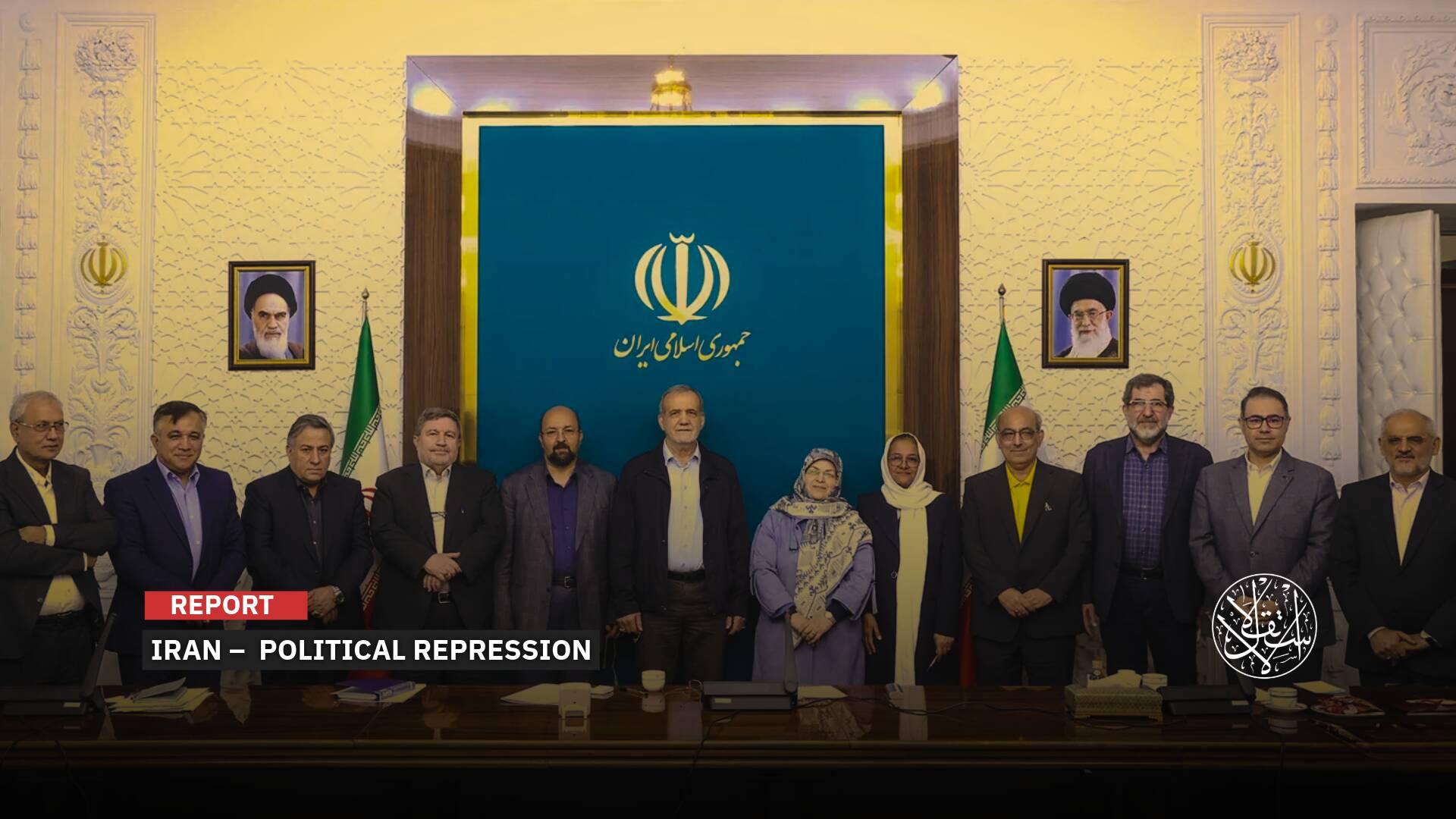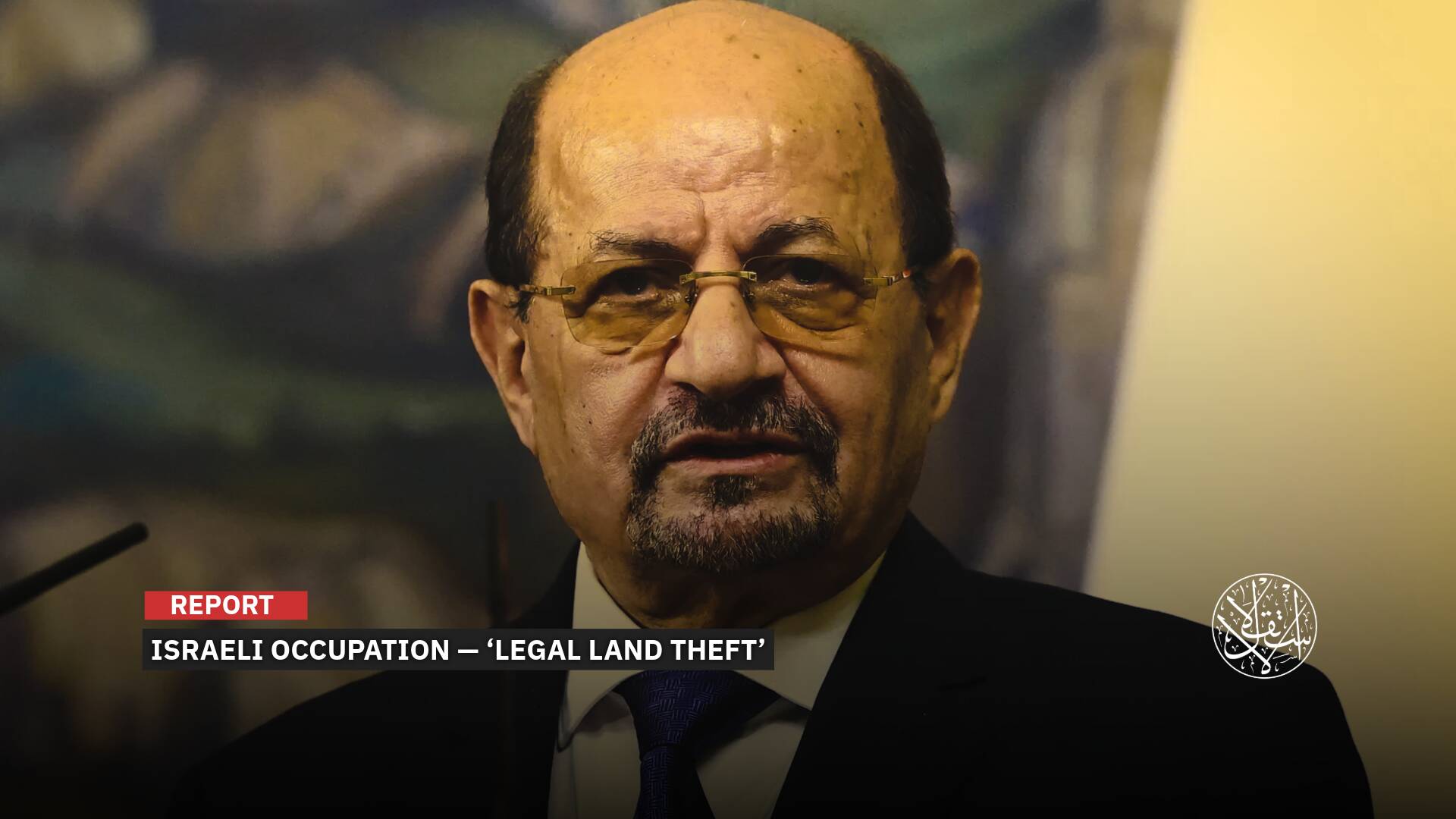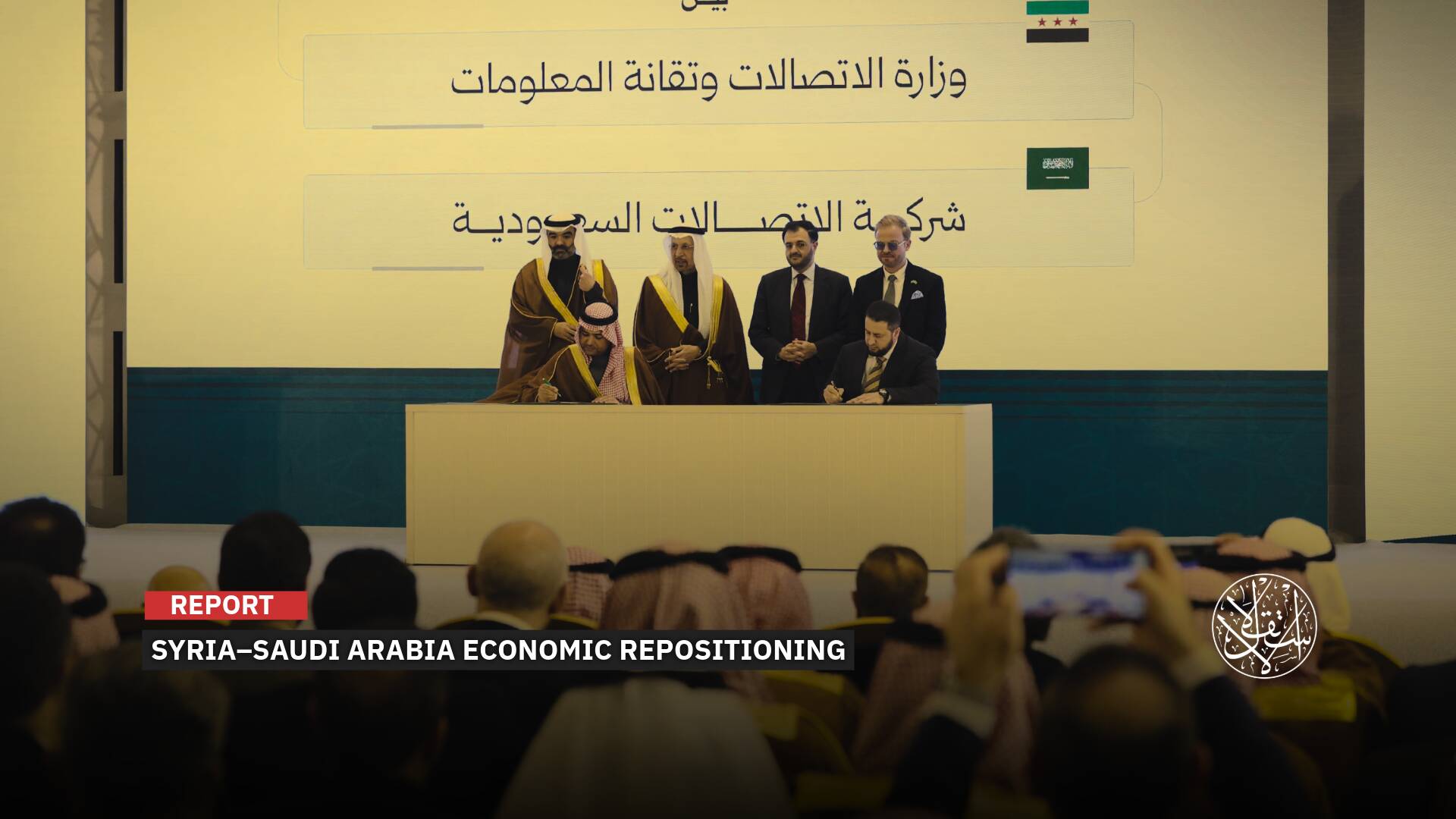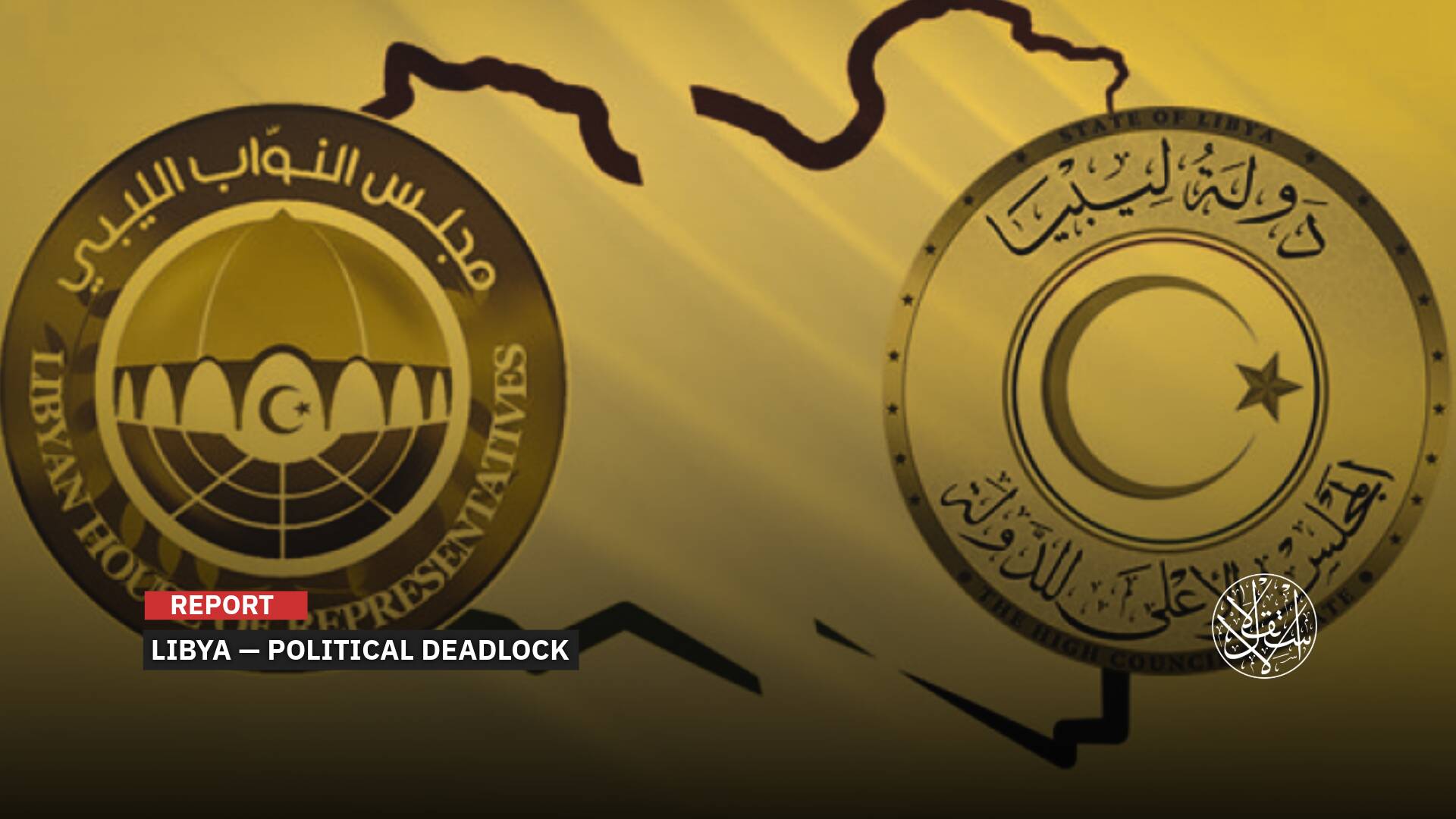Economic Development or Breakthrough: How China Strengthened Its Influence in Africa

“China's trade surplus with Africa rose to a record $64 billion last year.”
China’s pledge to provide $51 billion in loans to Africa has raised old fears of Beijing’s dominance over the continent, which is grappling with security, economic and financial crises.
These concerns come amid a major decline in Western powers, particularly in the Sahel region, where a series of military coups have led to the rise of new rulers hostile to France, the United States, and others.
China, the world’s second-largest economy, is currently Africa’s largest trading partner, with a volume of more than $167 billion in the first half of 2024, according to Chinese media.
China has provided African countries with billions of dollars in loans that have helped build infrastructure, but have sometimes sparked controversy, due to countries being saddled with huge debts.
Last year, China approved loans worth $4.61 billion to Africa, in the first annual increase since 2016.
Analysts say that geopolitical concerns about the struggle for global influence with the United States may be what is driving China to this generosity towards the African continent.
Chinese Pledges
The Forum on China-Africa Cooperation (FOCAC) concluded its ninth session in the Chinese capital, Beijing, on September 6, with Chinese President Xi Jinping pledging $51 billion in support for Africa over the next three years, and promising to deepen cooperation in infrastructure and trade.
He indicated that more than half of this amount will be in loans, with $11 billion in aid, in addition to $10 billion through encouraging Chinese companies to invest.
Over the past few years, Beijing has sent hundreds of thousands of workers and engineers to Africa and secured privileged access to its vast natural resources.
There are currently about 3,000 Chinese companies in Africa, according to the World Economic Forum.
Xi pointed out that China and Africa account for a third of the world’s population, and without our development, there will be no development in the world.
“We will unilaterally waive import duties on products from 33 African countries,” Xi said.
As China prepares to launch 30 infrastructure development projects in Africa, President Xi Jinping has pledged to launch another 30 clean energy projects, and has proposed nuclear technology and electricity projects.
These projects have not only boosted China’s influence on the continent, but have also given China unprecedented access to Africa’s vast mineral wealth.
For example, more than 80% of copper mines in the Democratic Republic of Congo are owned by China.
In a separate context, China is increasing its military cooperation on the continent, recently announcing a plan to spend $140 million to train 6,000 military personnel. Xi Jinping also invited 500 African officers to visit China.

African Concerns
With trade barriers rising in Western countries over claims that the world’s second-largest economy is exporting its surplus production, China is desperate for new partners to open up new markets for its shipments.
China's trade surplus with Africa rose to a record $64 billion last year, with exports surging to a new high of $173 billion, while imports moderated from 2022.
However, China’s promises and enticements to Africa still face questions about what Beijing will get in return, with concerns raised even before the summit that Beijing’s easy loans to African countries are drowning the continent.
Over the past two decades, China has become Africa's largest bilateral trading partner, a major credit provider, and a significant source of foreign direct investment.
In a decade, China has pumped more than $120 billion in government-funded loans to build hydropower plants, roads, and railways across the continent, in addition to unprecedented influence.
These relations have helped Beijing secure access to energy and minerals, while providing an outlet for its untapped industrial capacity. But that financing slowed during the coronavirus pandemic before picking up again last year.
The infrastructure projects and diplomatic presence have also been dogged by accusations that China is setting debt traps, profiteering, and corruption, allegations fueled by a wave of debt crises that have swept Africa in recent years.
Three countries have defaulted on their debt, leading to long-term restructurings.
Although the forum provides a platform for African countries to call for debt relief, Beijing has shown little willingness to cancel payments, preferring to offer refinancing options.
Countries including Zambia, Ethiopia, and Ghana have called for debt relief from China after their economies were battered by the pandemic.
The Asian country’s ongoing property crisis is likely to limit Beijing’s ability to respond to those demands, and Xi did not mention any details about loan repayments in his recent speech at the forum.
China’s economic slowdown and African countries’ default on Chinese loans have led to a decline in total Chinese investment in Africa from a peak of $125 billion in 2015 to $70 billion in 2022.

US-China Rivalry
On the other hand, the rivalry between the United States and China has recently intensified to expand their influence over international metals markets.
The past decade has witnessed a remarkable international development in the transition from fossil fuels to clean energy, which has made access to critical minerals such as lithium, copper, and cobalt of critical importance to the United States, China, and Europe.
Global demand for critical minerals is expected to soar in the coming decades. The International Energy Agency estimates that demand will grow 20 to 40 times over the next two decades.
The United States has hosted its own summits of African leaders, the most recent of which was held in Washington in late 2022.
American and African companies have struck deals worth $15 billion in that time, including investments in cybersecurity and clean energy, as well as promises to expand trade.
American officials say their deals—such as funding support for the $2.3 billion Lobito railway project linking Congo, Zambia, and Angola—will reduce African countries’ debt.
The Lobito corridor is America’s flagship development project in Africa, part of a U.S. and European effort to counter China’s growing influence in Africa’s critical minerals sector.
The corridor provides a faster, cheaper way to transport critical minerals produced in central Africa to U.S. and European markets instead of the traditional eastern route through the port of Dar es Salaam.
As part of China's efforts to confront the Lobito Corridor, Beijing moved with a proposal to operate the Tzara railway line, which extends from central Zambia to the port of Dar es Salaam on the Indian Ocean.
The current US shift towards infrastructure in Africa is noteworthy and signals a significant shift in US policy towards the African continent.
Washington aims through this strategy to promote economic development and build lasting partnerships within the continent that serve African countries and US interests, while Washington avoids political alliances that pressure African countries to choose between the United States and China.
This shift comes after Washington’s share of Africa’s infrastructure sector has declined over the past two decades compared to China, whose companies account for about 60% of the African construction market.
In 2022, China’s trade volume with Africa was $282 billion, nearly five times more than the US’.

Washington has also long been concerned about the possibility that China might seek to establish a second permanent base in Africa.
Beijing already has a military base on the continent's east coast, in Djibouti, and is said to be seeking a foothold in West Africa.
That would give Beijing a military presence across the Atlantic from the US East Coast, a move that analysts say would be seen by the United States as a national security threat.
Last week, Bloomberg reported that the United States is preparing a $5 million security package, including special forces training, for Gabon.
The report quoted unnamed sources as saying that the agreement aims to prevent China from establishing a base in the country.
It is noteworthy that China’s diplomatic expansion in Africa enhances its growing influence in a continent that is expected to account for more than a quarter of the world’s population by 2050.
According to the Lowy Institute’s Global Diplomacy Index in Sydney, China had 60 diplomatic missions in Africa last year, four more than the US.
Sources
- China offers Africa $51 billion in fresh funding, promises a million jobs
- Xi Pledges $50 Billion for Africa to Shore Up China’s Influence
- Joint Statement to Further Develop the Lobito Corridor and the U.S.-EU Launch of a Greenfield Rail Line Feasibility Study
- Chinese loans to Africa plummet to near two-decade low [Study]
- Washington's 'Flagship' Africa Project: A New Supply Line for Central African Mining Exports
- US-China rivalry for military influence in Africa ramps up











